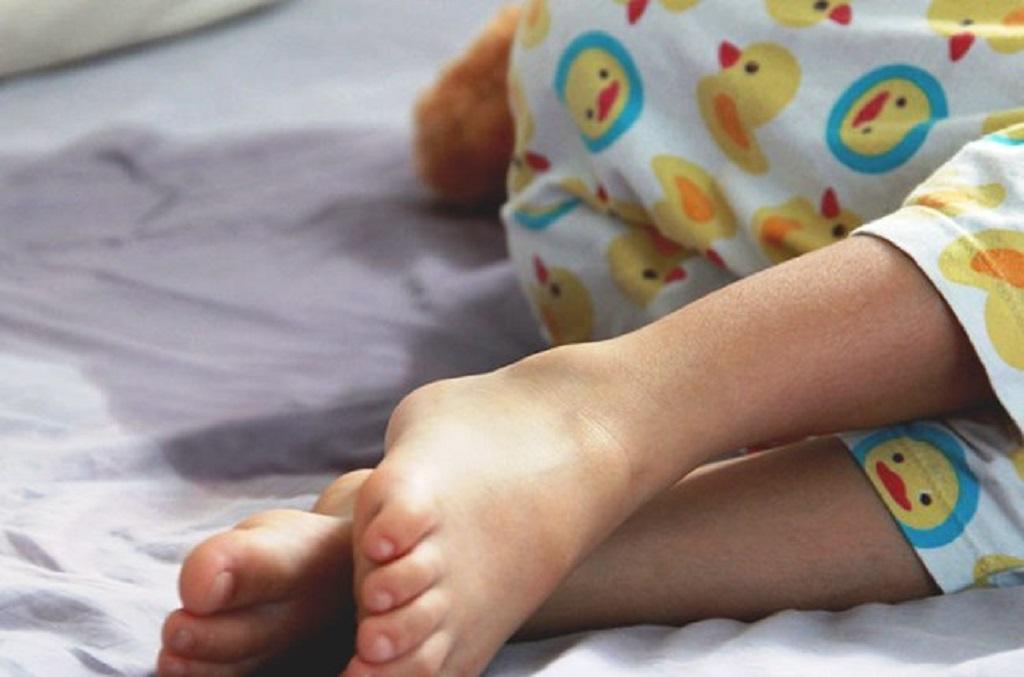
PRIMARY AND SECONDARY ENURESIS
Both primary and secondary enuresis mean bedwetting but their difference depends on the age of the bed wetter. Primary enuresis is a condition whereby a young child fails to attain bladder control during sleep at night. Medics regard it as a variation in developing of normal bladder control. A child should be able to control the bladder by the age of five years. If bed wetting is still occurring at least two times a week, the explanation is that he or she has primary nocturnal enuresis. The appropriate term when a child cannot achieve nighttime dryness for six consecutive months is primary enuresis.
Other causes of primary Enuresis
In addition to the inability to control the bladder at night, a child can have primary enuresis due to these factors:
Failing to wake when the bladder fills
Production of much urine in the evening and night hours
Poor toilet habits during the day. Some children develop a habit of ignoring an urge to urinate and delay passing urine for a long time. They will have large volumes in their bladder at night which causes bedwetting as they cannot hold it in when asleep.
Secondary Enuresis
Secondary enuresis refers to situations where a child who is more than five years old starts wetting the bed frequently after achieving nighttime dryness for six consecutive months or more.
It mostly occurs because of psychological events and other relating happenings because they disturb the usual routine. Some of the mental problems that could trigger bed wetting are family problems, moving homes or a sleep-over.
In rare occasions, others causes of secondary enuresis are medical conditions including:
Urinary tract infection
Diabetes
Neurological problems
Anatomical or structural abnormality
Also Read:
Do you need an essay on primary and secondary Enuresis? Nursingwritingservices.com has the best writers for this and other nursing topics. Try yours today risk free.
Treatment for primary and secondary enuresis
Primary enuresis
It is wise to visit a pediatrician for a urine test to determine if a child is suffering from a form of urinary tract infection that could cause bedwetting. A doctor may also order other tests to assess the health status of a child and prescribe the appropriate medicine if he finds that the child has a UTI infection.
A pediatrician might also suggest one or combination of these measures to reduce bedwetting.
Limit fluid intake before bedtime
Use a device to wake the child up soon after detecting wetness. It is a form of “conditioning training” which works in at least 75% of enuresis cases if a parent applies it consistently and steadily for 3-months.
Use prescription medications that reduce the amount of urine that the body makes at night. This option is for kids who are at least seven years old after the failure of other methods.
Management of secondary enuresis
You can reduce and eliminate secondary enuresis in the following ways:
Home remedies
Limit intake of fluids especially caffeine in the evening
Encourage double voids before bed
Encourage regular urination during the day
Use moisture alarms than set off an alarm to wake the child up if moisture develops on a sensitive pad if the child begins to urinate
Medical prescription
Medical treatment should take place if a doctor conducts a physical examination and find a condition that causes secondary enuresis. These include a urine test to check for diabetes or infection and imaging tests to determine the structure of a urinary tract. A physician is likely to prescribe one of the medications if there are health challenges that prevent retention of urine at night.

